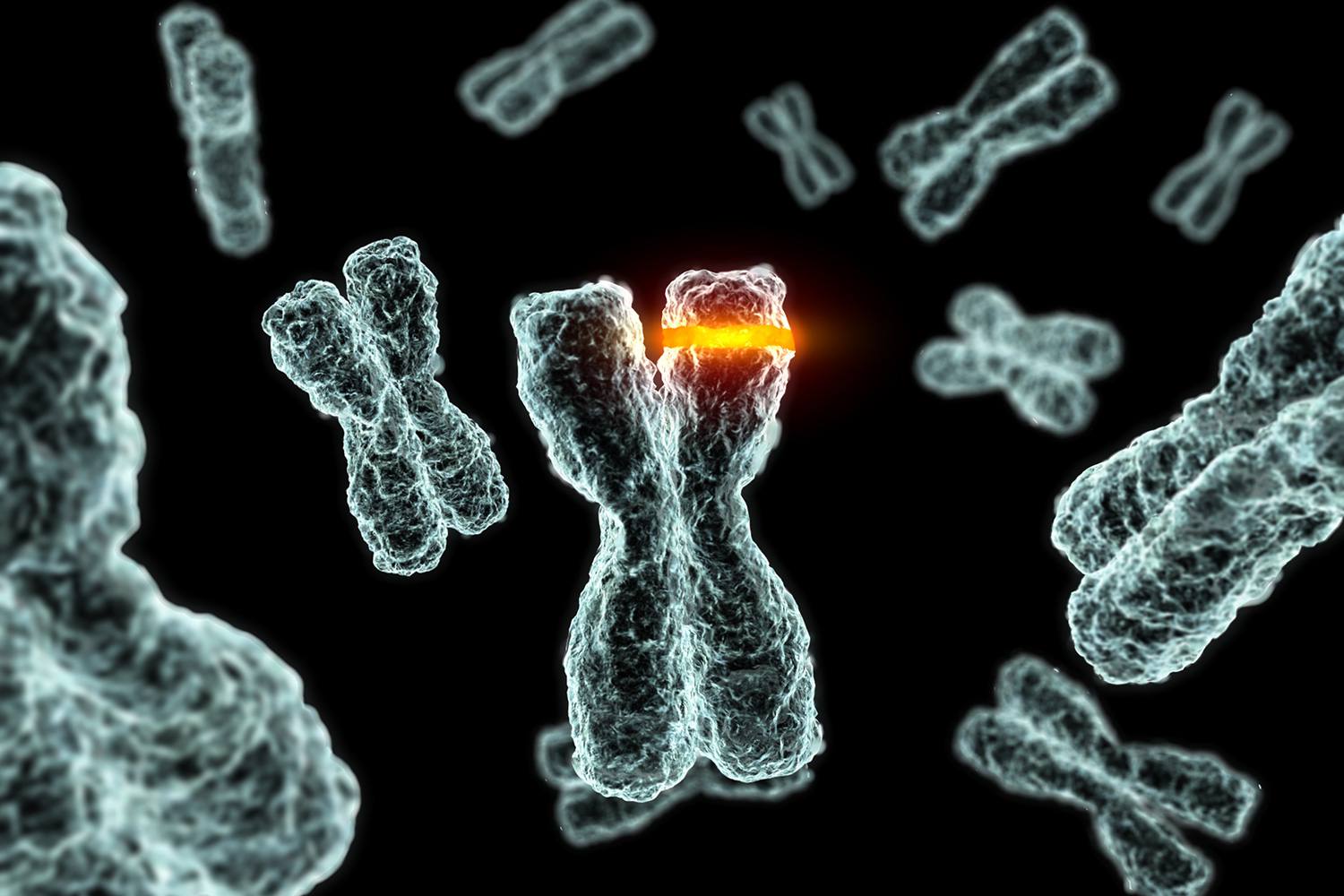
Chromosomal mutations are changes in the structure or number of chromosomes in cells. These alterations can lead to various genetic disorders or even evolutionary changes. Did you know that these mutations can occur naturally or be induced by environmental factors like radiation? Chromosomal mutations can be classified into several types, including deletions, duplications, inversions, and translocations. Each type has unique characteristics and potential impacts on an organism's health and development. Understanding these mutations is crucial for fields like genetics, medicine, and evolutionary biology. Curious about how these changes affect living beings? Let's dive into 30 fascinating facts about chromosomal mutations that will broaden your knowledge and maybe even spark a deeper interest in genetics!
What is a Chromosomal Mutation?
Chromosomal mutations are changes in the structure or number of chromosomes. These alterations can have significant impacts on an organism's development and function. Let's dive into some fascinating facts about these genetic changes.
-
Chromosomal mutations can occur naturally or be induced by environmental factors like radiation or chemicals.
-
There are several types of chromosomal mutations, including deletions, duplications, inversions, and translocations.
-
Deletions involve the loss of a chromosome segment, which can lead to serious genetic disorders.
-
Duplications result in extra copies of a chromosome segment, potentially causing developmental abnormalities.
-
Inversions occur when a chromosome segment breaks off, flips around, and reattaches, altering the gene sequence.
-
Translocations happen when a segment of one chromosome breaks off and attaches to another chromosome, which can disrupt gene function.
How Do Chromosomal Mutations Affect Health?
These mutations can lead to various health issues, ranging from mild to severe. Understanding their impact can help in diagnosing and treating genetic disorders.
-
Down syndrome is caused by an extra copy of chromosome 21, leading to developmental delays and physical characteristics.
-
Turner syndrome results from a missing or incomplete X chromosome in females, causing short stature and infertility.
-
Klinefelter syndrome occurs in males with an extra X chromosome, leading to reduced testosterone levels and potential learning difficulties.
-
Cri-du-chat syndrome is caused by a deletion on chromosome 5, resulting in intellectual disability and a high-pitched cry in infants.
-
Chronic myelogenous leukemia (CML) is linked to a translocation between chromosomes 9 and 22, forming the Philadelphia chromosome.
Can Chromosomal Mutations Be Inherited?
Some chromosomal mutations can be passed down from parents to offspring, while others occur spontaneously.
-
Inherited chromosomal mutations can increase the risk of certain genetic disorders in offspring.
-
Spontaneous mutations can occur during cell division, leading to genetic diversity and evolution.
-
Some chromosomal mutations are lethal, preventing the affected individual from surviving to reproductive age.
-
Balanced translocations, where no genetic material is lost or gained, can be inherited without causing health problems.
How Are Chromosomal Mutations Detected?
Detecting these mutations is crucial for diagnosing genetic disorders and planning appropriate treatments.
-
Karyotyping is a technique that visualizes chromosomes under a microscope to identify structural abnormalities.
-
Fluorescence in situ hybridization (FISH) uses fluorescent probes to detect specific DNA sequences on chromosomes.
-
Comparative genomic hybridization (CGH) compares a patient's DNA to a reference sample to identify duplications and deletions.
-
Next-generation sequencing (NGS) provides detailed information about genetic variations, including chromosomal mutations.
-
Prenatal testing, such as amniocentesis and chorionic villus sampling (CVS), can detect chromosomal mutations in a developing fetus.
Can Chromosomal Mutations Be Treated?
While some chromosomal mutations cannot be cured, various treatments can manage symptoms and improve quality of life.
-
Gene therapy aims to correct genetic defects by introducing healthy genes into affected cells.
-
Bone marrow transplants can treat certain blood disorders caused by chromosomal mutations, such as CML.
-
Hormone replacement therapy can help manage symptoms of Turner and Klinefelter syndromes.
-
Early intervention programs, including physical and speech therapy, can improve developmental outcomes for children with chromosomal disorders.
-
Genetic counseling provides support and information to families affected by chromosomal mutations, helping them make informed decisions.
Interesting Facts About Chromosomal Mutations
Beyond their medical implications, chromosomal mutations offer intriguing insights into genetics and evolution.
-
Chromosomal mutations have played a significant role in the evolution of species by introducing genetic diversity.
-
Some plants, like wheat, have multiple sets of chromosomes due to ancient chromosomal duplications.
-
Certain animals, such as the mule, are sterile hybrids resulting from chromosomal differences between parent species.
-
Chromosomal mutations can lead to speciation, where new species arise from genetic changes.
-
Studying chromosomal mutations helps scientists understand the mechanisms of genetic diseases and develop new treatments.
Chromosomal Mutations: Key Takeaways
Chromosomal mutations play a crucial role in the diversity of life. They can lead to genetic disorders but also drive evolution. Understanding these mutations helps scientists develop treatments for genetic diseases and improve crop yields. Mutations can be caused by various factors like radiation, chemicals, or errors during cell division. Some are harmless, while others can be life-threatening. Genetic testing can identify these mutations early, offering a chance for early intervention.
Knowledge about chromosomal mutations empowers us to make informed decisions about health and genetics. It also highlights the importance of genetic counseling for those with a family history of genetic disorders. By staying informed, we can better appreciate the complexities of genetics and the impact of mutations on our lives. Keep exploring, stay curious, and remember that every bit of knowledge brings us closer to understanding the intricate world of genetics.
Was this page helpful?
Our commitment to delivering trustworthy and engaging content is at the heart of what we do. Each fact on our site is contributed by real users like you, bringing a wealth of diverse insights and information. To ensure the highest standards of accuracy and reliability, our dedicated editors meticulously review each submission. This process guarantees that the facts we share are not only fascinating but also credible. Trust in our commitment to quality and authenticity as you explore and learn with us.
